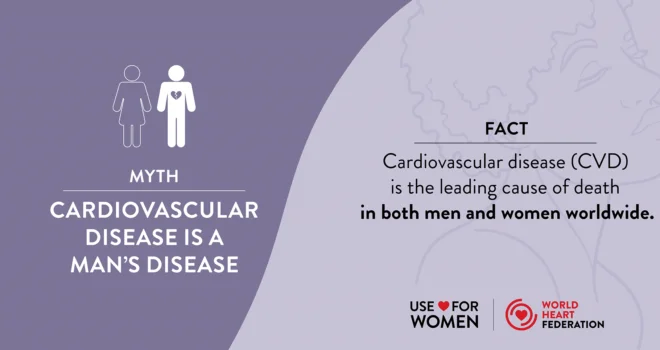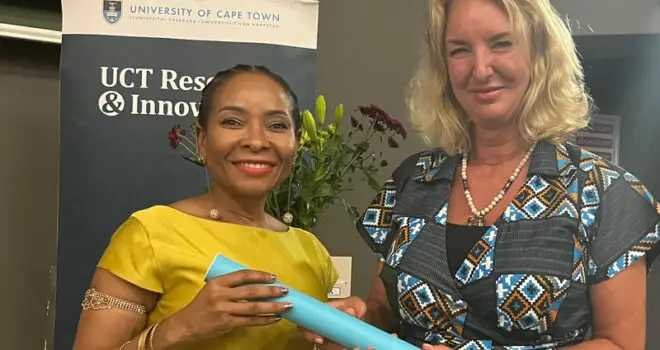
WHF is thrilled to present the WHF Award for Outstanding Contribution to Cardiovascular Health to Prof Jane Somerville, known for defining the concept and subspecialty of grown-ups with congenital heart disease (GUCH) and being chosen as the physician involved with Britain’s first heart transplantation in 1968.
Following studies in the sciences at Queen’s College school, Harley Street, London, Somerville gained admission into the male dominated Guy’s Hospital Medical School, where women medical students had been present for only the previous two years and the class was more than 90% men. During her student years, she was influenced by a visit to the school by Alfred Blalock of Johns Hopkins Hospital, whose achievements in treating tetralogy of Fallot with the Blalock Taussig shunt, transformed the lives of children. The once fatal heart disease could now be corrected and turn a blue baby to pink in minutes.
She became the first female medical registrar at Guy’s Hospital. In 1958, she became a registrar at the National Heart Hospital where cardiologist Paul Wood took her on to his team. Here, her interest in congenital heart disease led her to take on simultaneous work at the Hospital for Sick Children in Great Ormond Street, London, and she learnt about diseases in babies and surgery with Richard Bonham Carter and David Waterston.
In 1967, during a time of significant innovations in heart surgery, Somerville was appointed as a consultant at the National Heart Hospital. She recognised the unmet need of the increasing number of adolescents and adults who were now surviving the heart conditions they were born with, thus founding the concept of GUCH. This new group of survivors had new medical problems and some soon required repeat operations, challenging the cardiologists of the time.
Somerville also worked alongside cardio-thoracic surgeon Donald Ross, who chose her to be the cardiologist for the first heart transplantation in the UK in 1968. They co-authored a number of innovative articles, including in 1966, the first report of the use of a homograft aortic valve to repair pulmonary atresia.
In 1980, she held the first World Congress of Paediatric Cardiology in London, a concept she envisaged. In 1988, she enlisted the help of American heart surgeon John W. Kirklin during the first Paediatric Cardiac Surgical Congress in Bergamo, resulting in a collaboration between heart physicians and heart surgeons. In the early 1990s, she founded the European Society of Cardiology Working Group on GUCH and became its chairperson in 1995. In 1998, Somerville was appointed emeritus professor of cardiology, Imperial College. She retired a year later.
The World Heart Awards are all about celebrating new ideas and recognising the talents and achievements of those working to combat cardiovascular disease around the world. To learn more about the 2020 Awards, click here.


